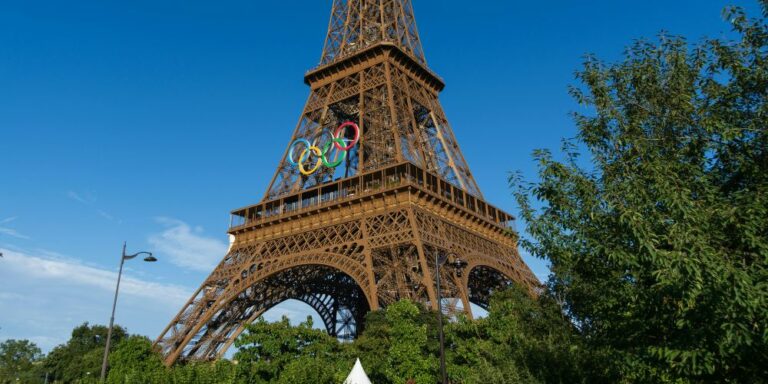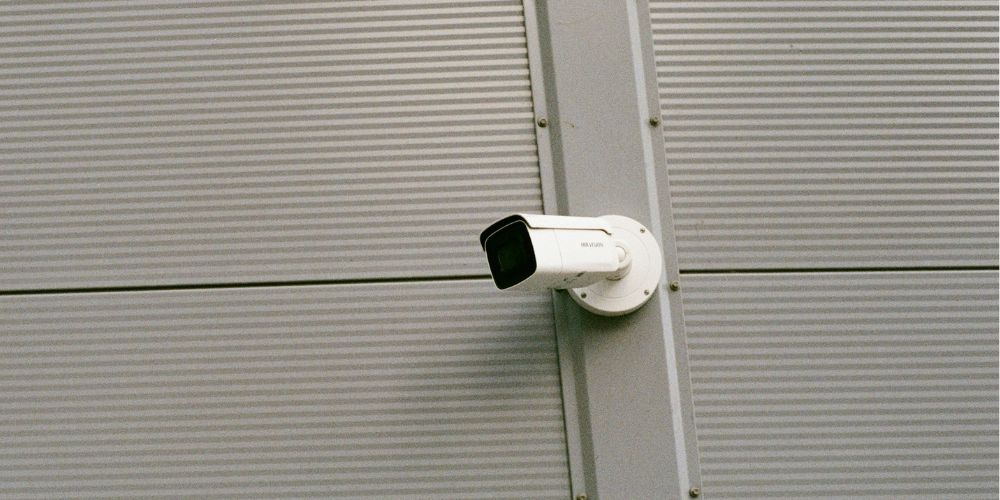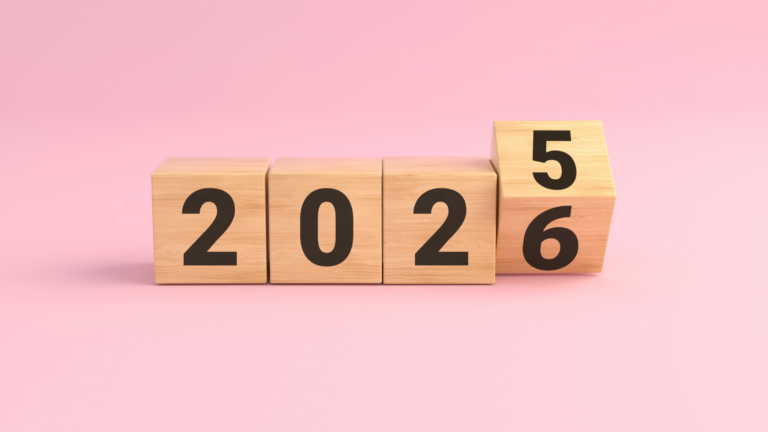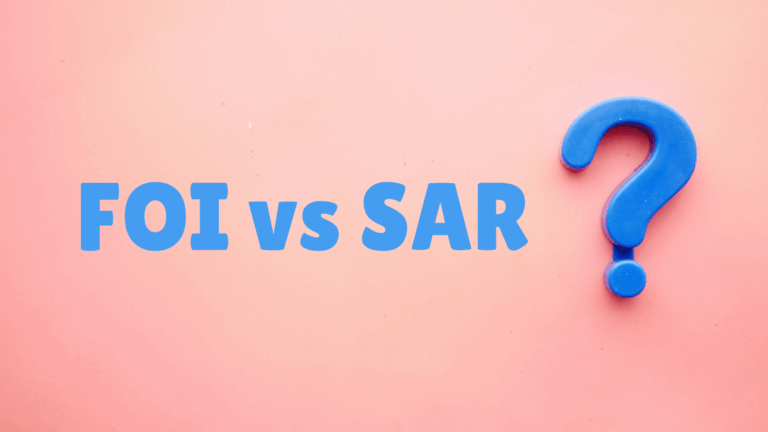Image from Unsplash
The Paris 2024 Olympic Games have officially come to an end. The final medals of the Olympics have been awarded, our favourite athletes can rest after a job well done, and the closing ceremony has descended the curtain on this summer’s monumental sporting occasion. However, while we may have now said goodbye to the Olympic Games for another four years, the 2024 installment of the Paralympics is just beginning.
Keeping the Olympics and Paralympics safe
Paris is still buzzing with a competition-fuelled excitement, glueing every casual viewer and sports fanatic alike to their television screens. With events as enormous as the Olympics and Paralympics, you can be certain that the whole world is watching. And the fans aren’t all just viewing them from the comfort of their living rooms, of course. Millions of spectators flock from all around the globe to attend the Games in person.
With that many people packing the stadiums, you have to wonder how they keep their security so tight. Millions and millions of fans come in droves to support their nation’s teams. So, with such large crowds in attendance, how can they possibly make sure that nobody’s doing anything like carrying weapons or straying where they shouldn’t? The answer: artificial intelligence.

Image from Unsplash
How is AI used at the Olympics and Paralympics?
In recent years, the prevalence of artificial intelligence (AI) in almost every aspect of our lives has grown exponentially. It’s in our phones, in our cars, in our homes – it is absolutely everywhere.
It should therefore come as no surprise that the Olympics and Paralympics, arguably the biggest and most anticipated global sporting events in the world, also makes use of this fascinating technology. Learning of their use of AI, of course, begs the question: what exactly is AI being used for? And what does this mean for privacy?
As a part of the Olympics’ security strategy, ‘enhanced cameras’ were put in place. These cameras, powered by AI, have automatic image analysis. This enables them to automatically detect certain activities, such as, for example, a person wandering into a restricted area, or an individual being in possession of a weapon. This AI-powered surveillance system is capable of monitoring hundreds of cameras simultaneously, keeping a watchful (and intelligent) eye on the many attendants on the premises.
What do these AI cameras mean for data protection?
When making use of AI in this manner, there are heaps of privacy considerations to be made before implementing. These include (but are not limited to)…
- How has the risk of bias been mitigated against?
It’s well documented that the risk of bias poses one of the biggest threats to using artificial intelligence. In order for AI to work, it needs to be fed training data, and if this training data contains data that might perpetuate a bias, then the AI system will carry that bias.
This is important when asking the question of whether the processing will involve automated decision making with significant effects.
- How has transparency been ensured?
Attendees of the event will need to be told that this processing will occur, but this can be hard when trying to explain AI systems. If an individual can’t understand how a system makes its decisions, which is quite a complex thing to comprehend, this can lead to distrust and, ultimately, a lack of transparency.

Image from Unsplash
What safeguards were put in place at the Olympics / Paralympics?
The French legislation that was passed to enable this surveillance system does not allow for facial recognition to be used in real time.
Law No. 2023-380 established the legal framework for the 2024 Olympic Games, and Article 10 explicitly prohibited the use of biometric identification systems and the implementation of facial recognition techniques.
Additionally, France’s privacy watchdog, the National Commission on Informatics and Liberty (CNIL), has asserted that it constantly monitors the measures taken to ensure data protection. Before the Olympics began, the CNIL were involved in a trial period of the AI surveillance to ensure that civil liberties are safeguarded.
It’s also worth mentioning that while AI surveillance is a key component of the security measures employed by the Olympics and Paralympics, human officers still make final decisions. This then combines AI efficiency with human judgement, rather than solely relying on the AI outcomes.
AI surveillance is only just beginning
The use of AI surveillance is a field that’s constantly growing, and despite the indisputable benefits of employing it, there are understandably some reservations about using such technology. Despite concerns that the public may have, providing that the appropriate safeguards and due diligence checks have been made, this technology can be a vital and effective tool at maintaining safety at large scale events, and if current trends are anything to go by, we will only be seeing more of it in the future.

How DPAS can help
We’re no stranger to surveillance. At DPAS, we’ve worked with numerous organisations to help them ensure that their use of CCTV (and other surveillance methods) is compliant. As a result, they could be sure that they were protecting their assets without crossing any lines.
Whether you need assistance with policies, compliance documentation, or could benefit from an audit of your surveillance practices, our expert team will work with you to ensure that you’re keeping an eye on your business responsibly and legally.
Get in touch with us today by calling us on 0203 3013384, emailing us at info@dataprivacyadvisory.com, or filling out a contact form by clicking below.





